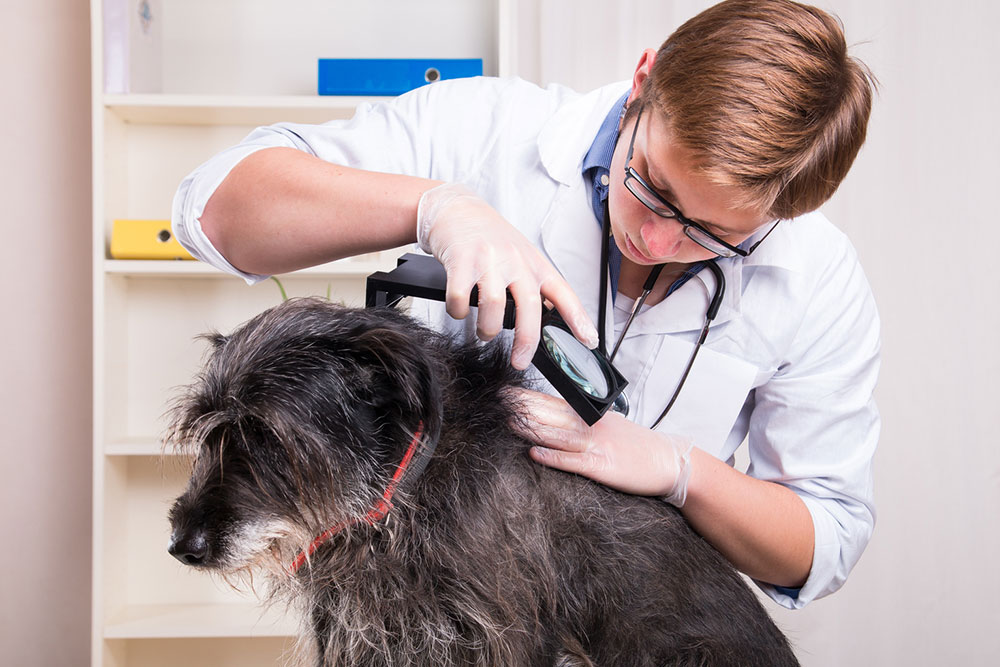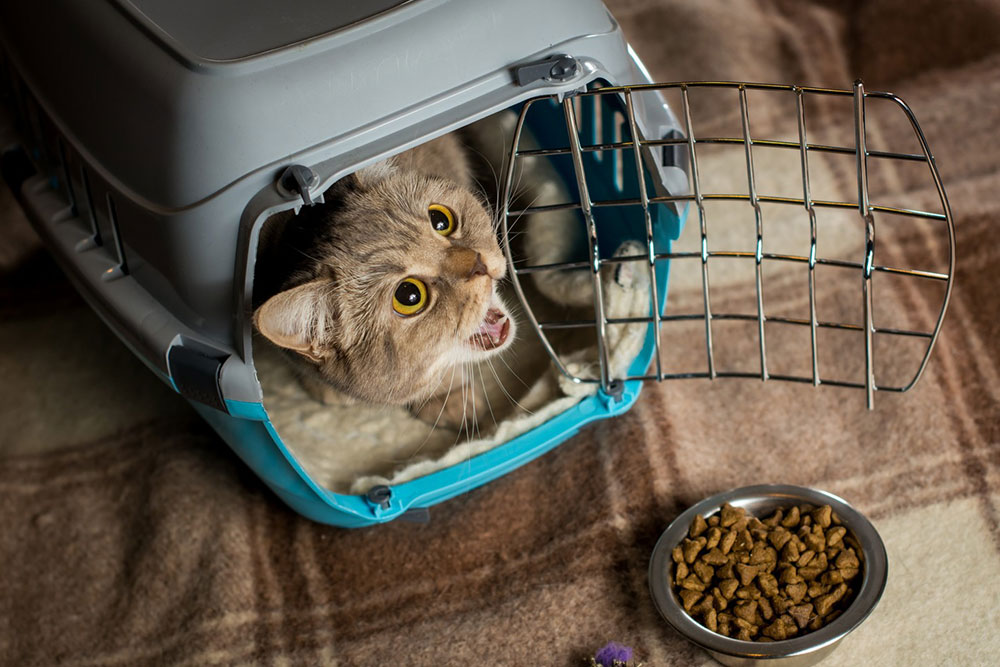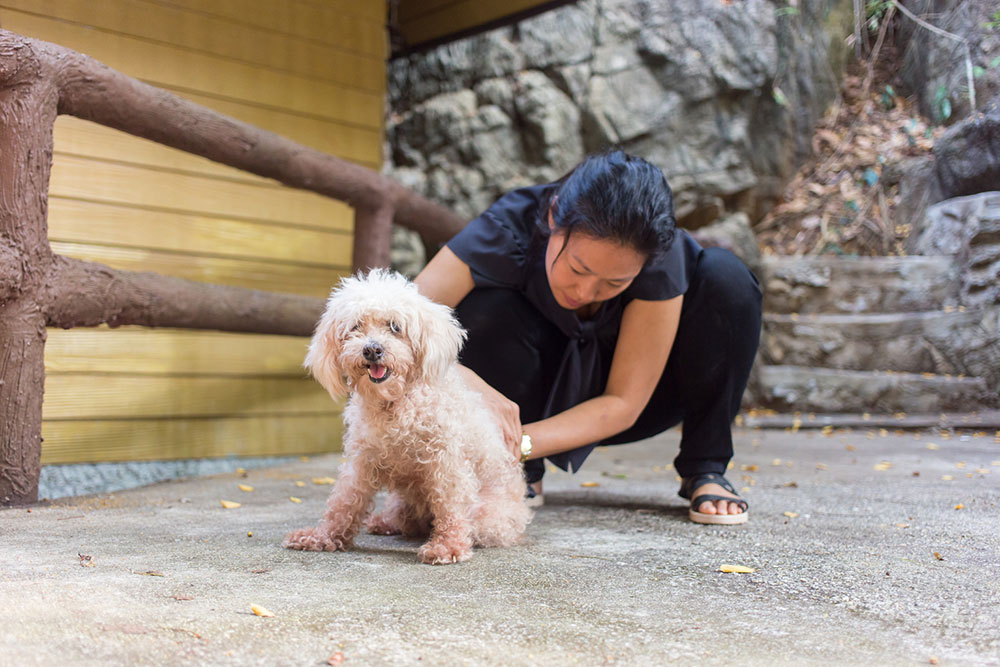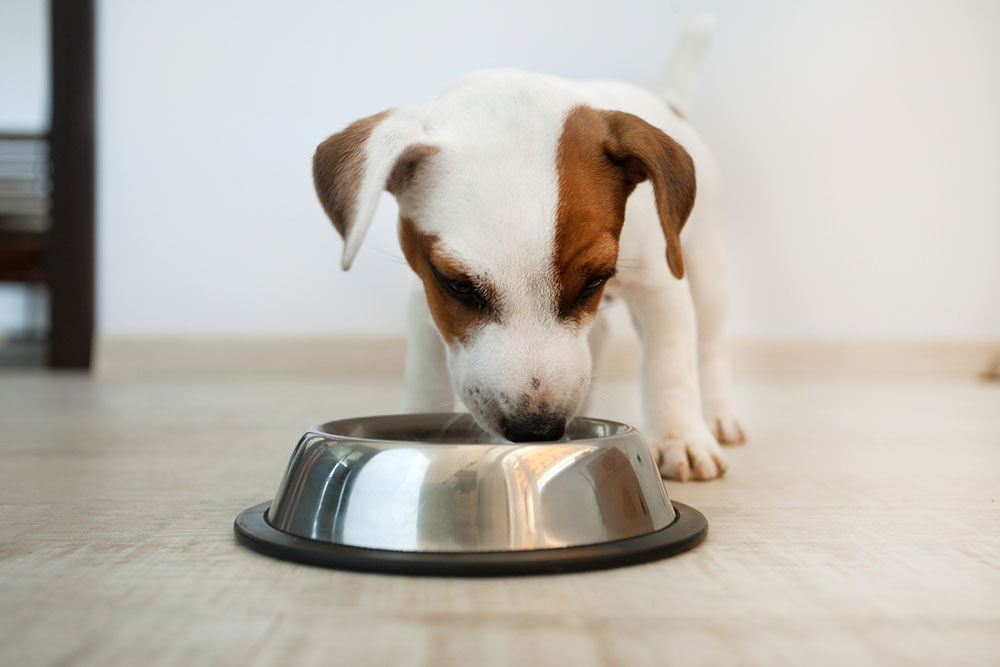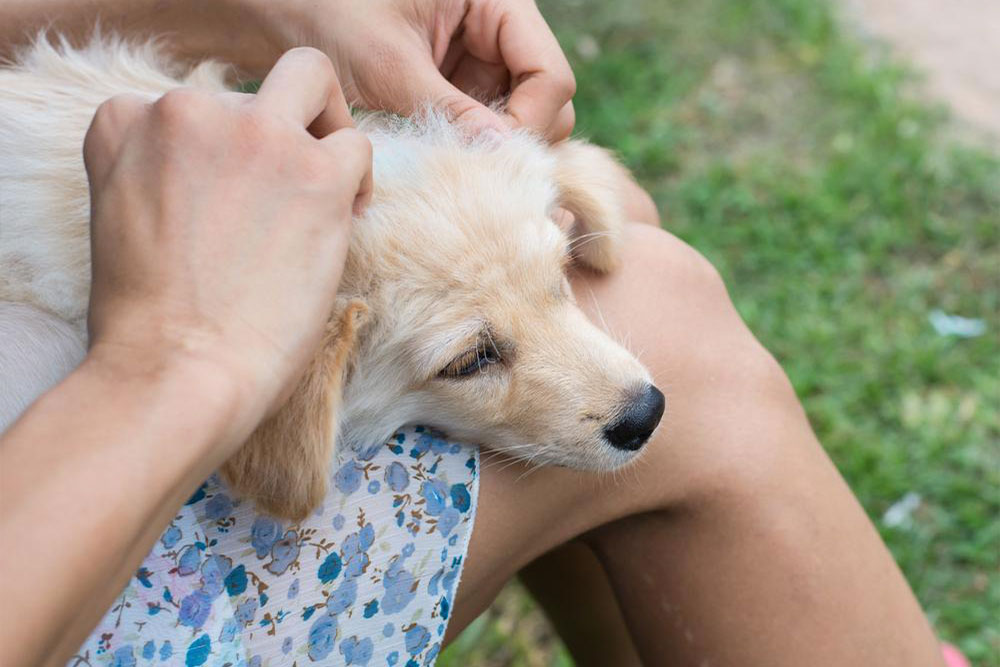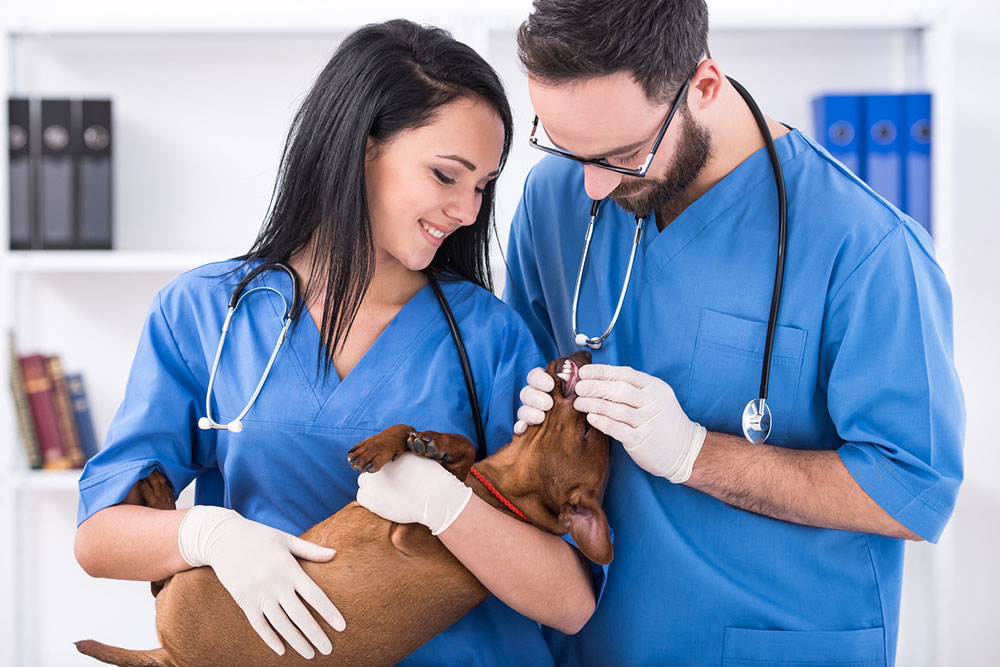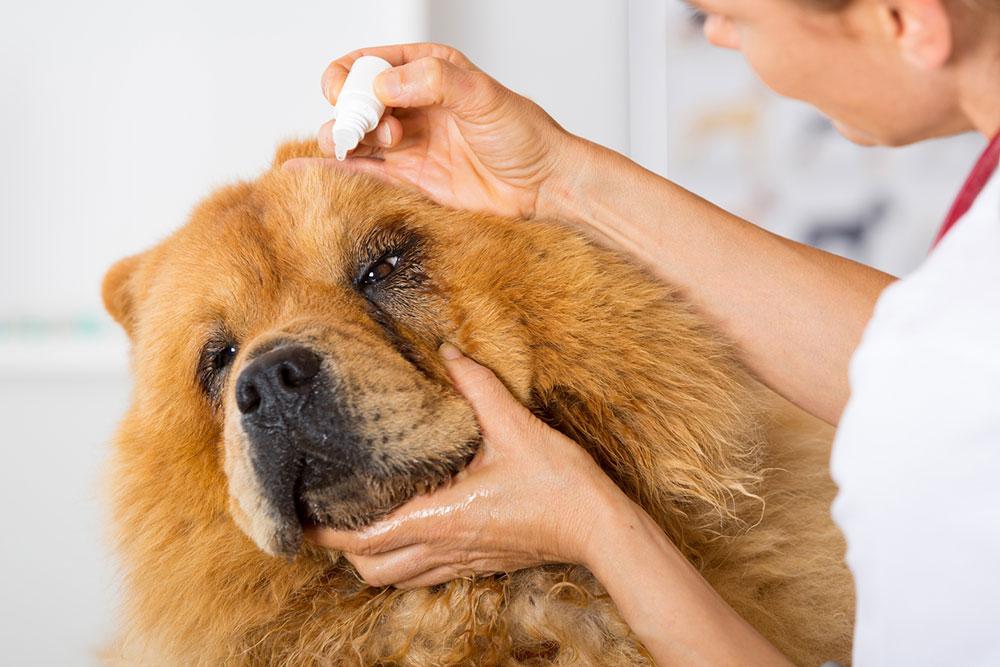
Pets
Top dog allergies and their treatments
Allergies can be concerning, and even possibly life threatening for your dog. It could even drastically lessen the quality of life of your dog. So, it is important for you to be aware of the possible allergies that your dog could suffer from. This article talks about the most common allergies that could affect your dog: Flea allergy dermatitis: A pretty common allergy amongst dogs, flea allergy dermatitis (FAD) occurs when the saliva in the flea bites cause an allergic reaction. According to the Merck Veterinary Manual, FAD is the commonest dermatological disease in domestic dogs in the country. FAD is rampant during warm weather, such as the summer months. The reactions occur when the fleas bite, injecting saliva into the host, which contains compounds similar to amino acids, polypeptides, enzymes, and histamine. FAD can affect the entire body. One of the most natural remedies for FAD is medicated shampoo baths and a flea medication collar to prevent them from coming back. Seasonal allergies: Dogs can also suffer from seasonal allergies as well, the signs of which include sneezing, red, puffy eyes, loss of hair, itching, and irritated skin with hives and rashes. Usually, there is no natural treatment for seasonal allergies. The dog needs to be taken to the vet who will prescribe antihistamines and OTC medications, such as benadryl, for your pet pooch. Human food allergies: Human food allergies are quite common in dogs, with almost 10% of all dog allergy cases being food-related. Allergies occur when the dog’s body wrongly identifies a certain food as harmful, and produces antibodies that lead to a variety of potentially dangerous symptoms. Symptoms could be anything from nausea, vomiting, and itching to gastrointestinal issues, ear inflammation, and diarrhea. Dogs can be allergic to various foods including dairy, soy, wheat, fish, chicken, beef, pork, and more.


